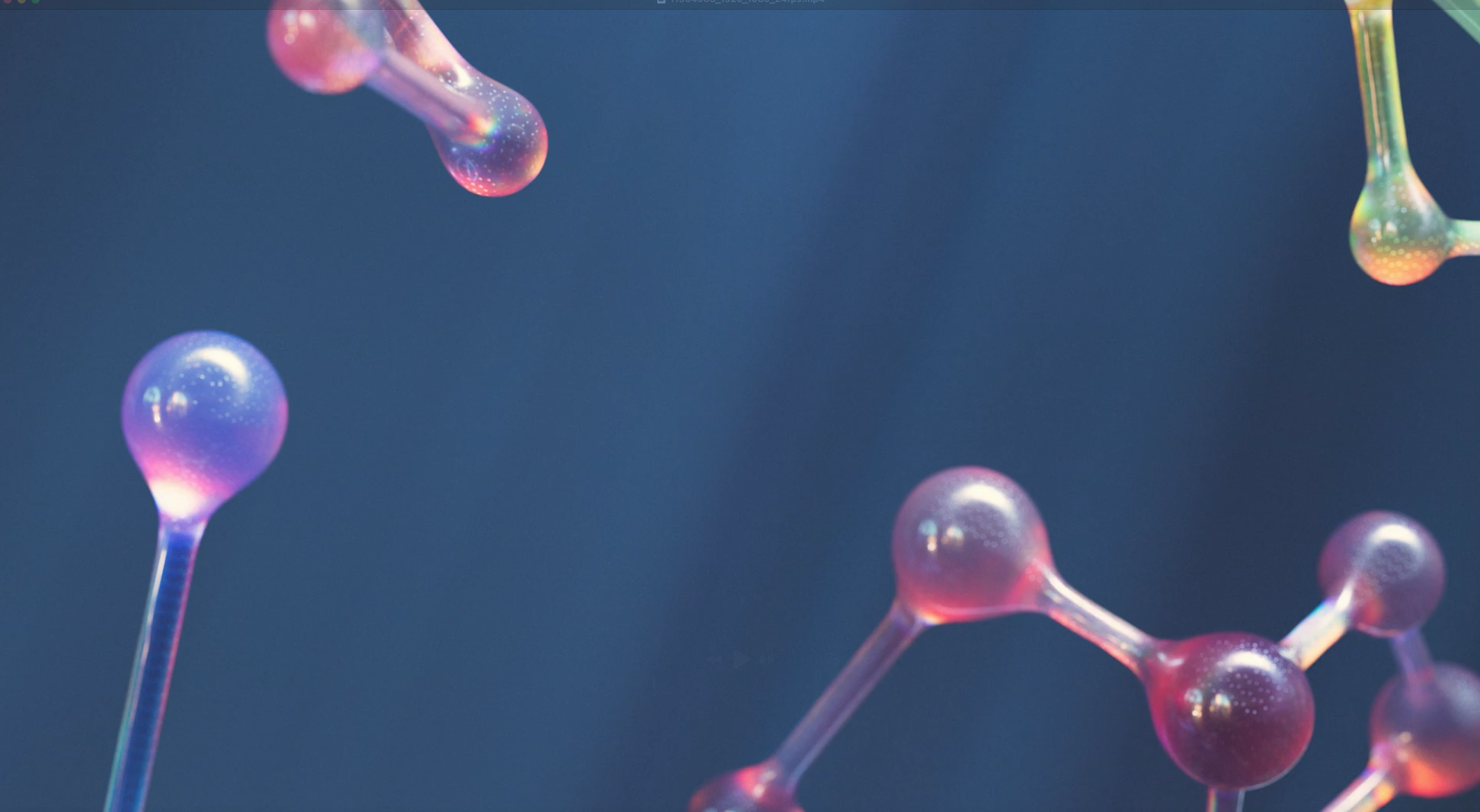
Interested in Tropical Plant Biotechnology? Visit our Partner Lab
Engineering plant chronobiology for climate adaptation
chro·no·bi·ol·o·gy (n): the study of biological rhythms
Studying biomolecular interactions using advanced proteomics
pro·te·o·mics (n): The study of the structure and function of proteins, including the way they work and interact with each other inside cells. PhD student Zhi Xing Lau’s first paper has been published as a Tansley Insights article in New Phytologist. We discuss our recent findings that plants can sense twilight and its implications on new ideas on how plants sense the length of a day. Read it here!
PhD student, Julia Zalder (co-supervised with the Van de Poel lab) has been awarded a FWO-SBO PhD Fellowship!
PhD student Aisha’s first paper has been published as a Tansley Insight in New Phytologist, one of the best-regarded journals in plant science! Read it here.
Devang joined the Belgian Economic Mission to India led by HRH Princess Astrid of Belgium to strengthen KU Leuven’s ties to research institutions in the country!
The lab received the maximum possible 2 project grants from the Research Foundation Flanders to supercharge our proteomics-enabled research! Read more.
Julia joins us from the University of Münster, Germany to work on a VLAIO project for improving energy efficiency using nature-inspired lighting strategies in greenhouse horticulture.
We welcome Zhi Xing Lau, who joins us from Academia Sinica, Taiwan for a PhD on developing new tools to study bimolecular interactions controlled by the plant circadian clock!
Our discovery that plants are able to measure the duration of twilight via clock genes has just been published in Science Advances, a highly selective journal. Read the paper.
The lab was awarded a VLAIO-LA grant together with the lab of Bram Van de Poel and colleagues at different research stations in Flanders. Read more.
The prominent science magazine Nature covered Devang’s past opinion article writing in a feature article. Read it here
PhD student Aisha-Alexandra Gerhardt has been awarded a prestigious 4 year PhD fellowship from the Flanders Research Foundation (FWO). Congratulations Aisha!
PhD student Aisha-Alexandra Gerhardt won the Best Poster Award at the 5th National PhD Symposium on Molecular Plant Physiology held at the University of Ghent.
Devang authored a World view article in Nature commenting on the new EU proposal to regulate gene-edited crops. Read it here.
Devang was presented with the Carl Douglas Award at the 2023 Canadian Society of Plant Biology conference!
Devang was an invited guest at this global science policy conference to discuss forthcoming EU legislative proposals on gene editing and sustainable agriculture.
Devang is presenting the lab’s research agenda to the public at Pint of Science Leuven today
The lab currently has an open vacancy for a lab technician to support and manage our science.
We are looking for a talented student to start in the lab this winter!
NE
WS
